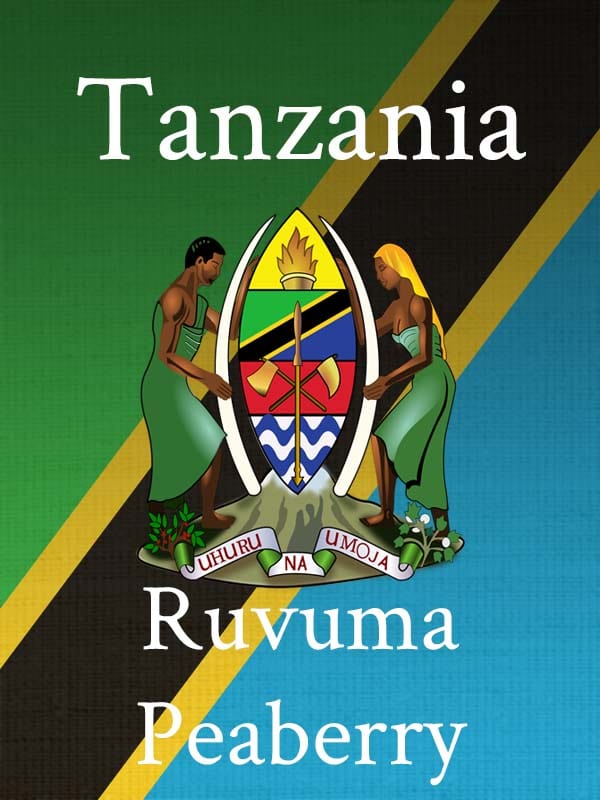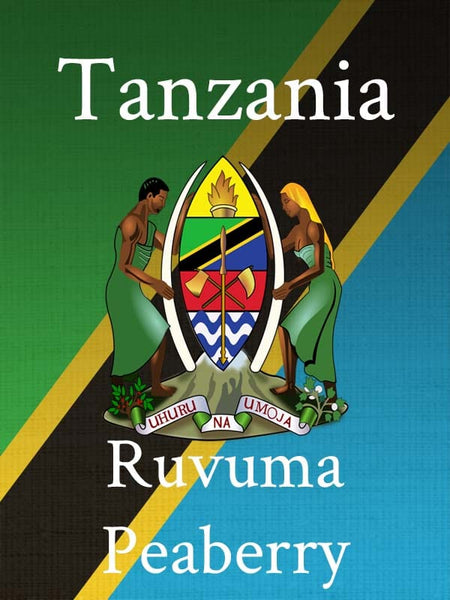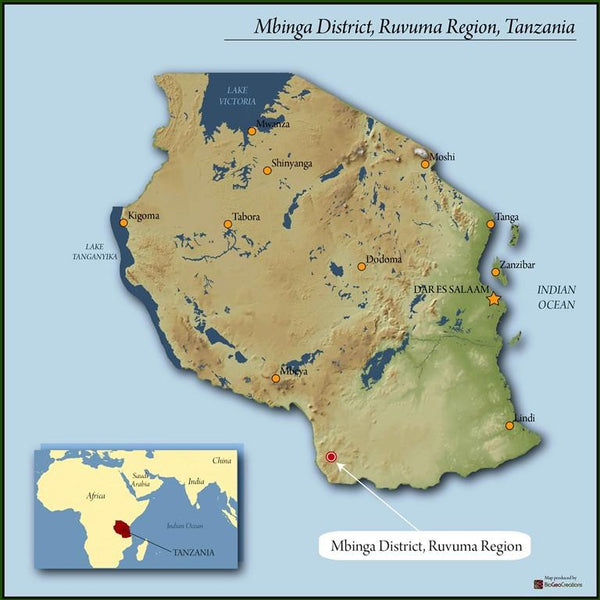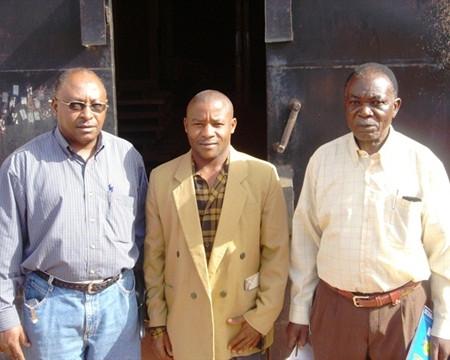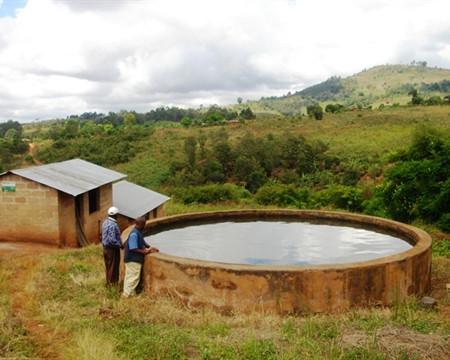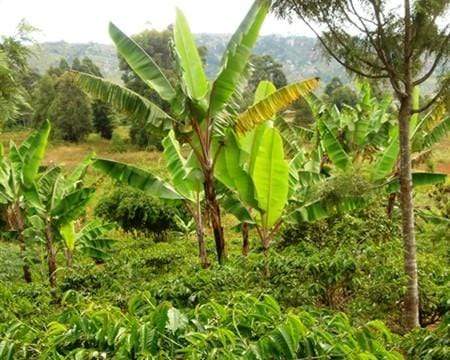Tanzania Ruvuma Peaberry
One Real 16oz. Pound
Peaberry lovers, rejoice! Tanzania Peaberry is back!
Prepare yourself for the Peaberry of the Year - This is coffee candy!
Tanzania Ruvuma Peaberry is a fantastic example of washed, mild African coffee with a flavor that is simply impossible to beat. It is grown on farms in Tanzania's southern highlands, where the bulk of production comes from small, family-owned farms with just a few acres of land.
Tanzania Ruvuma Peaberry has a sweet vanilla bean aroma with hints of tobacco. Candied lemon zest fills the cup at the first sip, mellowing into chocolate with a full, velvety mouthfeel. The finish is pleasing, with lingering spice and raw cacao. This coffee has a fantastic character.
The rounder "peaberry" shape grows from the maturation of one seed per cherry rather than the typical two seeds. These seeds are sorted during milling and considered distinct in their flavor profiles.
I know you're waiting for it. Get some today!
Aroma: Sweet, vanilla bean, hints of tobacco
Body: Candied lemon zest, velvety chocolate, lemon citrus mouthfeel
Finish: Lingering spice and raw cacao
About this Coffee
GROWER: Smallholder farmers from the Mbinga District
REGION: Mbinga District, Ruvuma Region, Tanzania
ALTITUDE: 1,200 – 1,800 meters
PROCESS: Fully washed and dried on raised beds
VARIETY: N5, N39 (Bourbon)
HARVEST: September - February
SOIL: Volcanic loam
CERTIFICATION: Conventional
Tanzania RFA Ruvuma Fully Washed Peaberry is sourced from family-owned farms organized around Soochak Bush and Tropex, two companies that began collaborating in 1999 to improve coffee production in the Mbinga district of Tanzania.
The Mbinga district is located in the southwestern corner of the Ruvuma region and shares a border with Mozambique and Lake Nyasa (also called Lake Malawi), one of the African Great Lakes known for its rich diversity of wildlife.
Soochak Bush and Tropex provide critical support to the small producers, including the operation of a dry mill and logistics to transport and export coffee from the port city of Dar es Salaam, more than 1000 kilometers from the Mbinga district.
Soochak Bush and Tropex have rehabilitated eight existing wet mills, built 13 new centralized wet mills, and built another eight micro-wet mills to improve post-harvest processing.
Cherries are hand sorted, soaked so floaters can be removed, depulped, fermented for 2 to 3 days, washed in channels, dried on raised beds, and then sorted again at the dry mill. Farmers are paid for parchment during the harvest and paid a share of profits after export.

